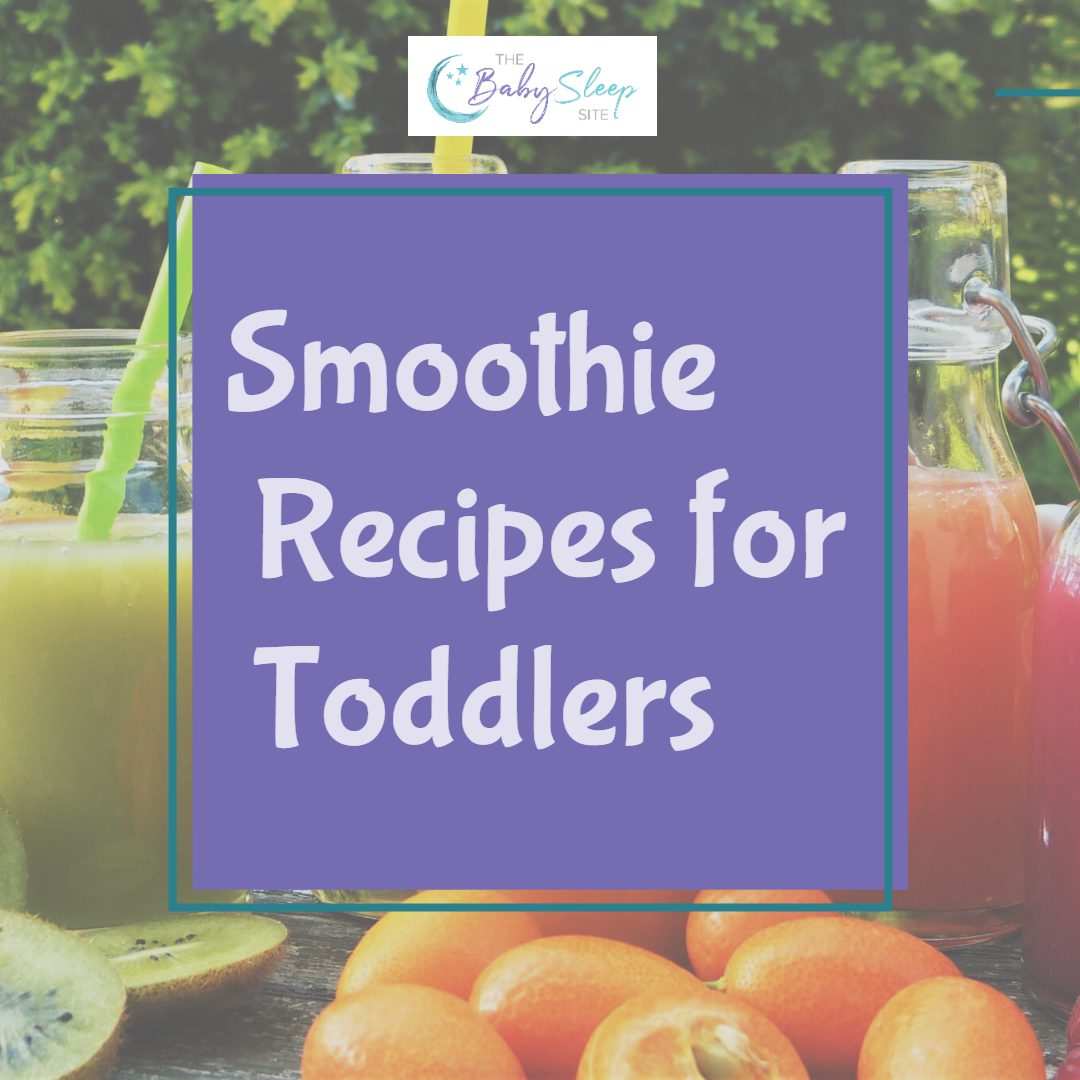
Making healthy and great-tasting smoothies for toddlers can be a game-changer in your child’s nutrition.
The struggle to get toddlers to eat their fruits and veggies is real, parents!
Fret not. There’s a tasty solution that even the pickiest of eaters won’t resist – smoothies!
The Importance of Healthy Nutrition for Toddlers
When it comes to your toddler’s growth and development, sustenance is a fundamental factor. It’s not just about providing them with enough energy to engage in play, learning activities, or simply grow – it also lays the groundwork for healthy habits and healthy sleep that can last a lifetime.
Over half of Americans use dietary supplements daily, with the industry being worth around $30 billion annually.
However important supplements may seem, they should never be used as a replacement for balanced meals, which provide nutrients essential for your toddler’s health.
The Sugar Problem
Toddler-friendly vitamins can be notorious for their high sugar content. This sweetening strategy masks the flavor of essential minerals and makes the supplement more appealing to young taste buds. However, this can contribute significantly to potential health issues as well as sleep problems due to the high sugar content.
Parents should scrutinize not just what their toddlers love at snack time but also any added sugars hiding in seemingly healthy vitamin supplements.
Artificial Ingredients and Their Impact
Beyond sugar overload lies another threat: artificial additives commonly found in multivitamins. These include synthetic colors or flavors that have stirred controversy due to potential adverse effects on health.
For instance, consider food coloring, an ingredient frequently used to make pills and gummies visually attractive to youngsters, yet it is associated with behavioral changes in certain sensitive individuals, particularly those diagnosed with ADHD (Attention Deficit Hyperactivity Disorder).
The Power of Fruits and Vegetables
When it comes to the growth, development, and overall health of toddlers, fruits and vegetables play a crucial role. They are not only delicious but also packed with essential vitamins, minerals, and fiber – all necessary for their growing bodies.
Nutritional Benefits: More than Just Vitamins and Minerals
Fruits and veggies provide more than just vitamins and minerals, they also supply dietary fiber and antioxidants that promote diverse bodily processes. For instance:
- Vitamin C in citrus fruits boosts immunity.
- Potassium from bananas aids heart function.
- Berries provide powerful antioxidants that fight off harmful free radicals.
Apart from their individual benefits, when consumed together, they create a comprehensive nourishment package, helping to build a strong foundation for long-term health. This is particularly important given the current times where maintaining peak immune system performance has become more critical than ever. (1)
Dietary Fiber: The Digestion Aid You Didn’t Know About.
In addition to being nutrient-dense foods, fruits, and veggies come loaded with a dietary fiber component. Our diet often overlooks this, yet it is extremely beneficial, especially for a toddler’s digestive health.
Dietary fibers aid digestion and prevent constipation, thereby making them perfect ingredients for toddler-friendly smoothie recipes, providing relief while ensuring future occurrences are kept to a minimum.
Say Goodbye to Added Sugars with Natural Sweetness.
High sugar intake can have serious health consequences, such as obesity, type 2 diabetes, and tooth decay. (2)
This is alarming, considering that many toddlers today consume far above the recommended limits, largely due to processed foods and beverages. One way to combat this is by introducing fresh fruit in place of sugary desserts and snacks.
Smoothies: A Delicious Way to Boost Toddlers’ Nutrition
Not only do smoothies offer the creamy texture that toddlers love, but they also serve as a vehicle for various nutrients. Whether your toddler regularly drinks milk or you prefer non-dairy milk like almond milk and silk protein nut milk, these can be used effectively in smoothie recipes.
Creating Balanced Smoothies
The secret behind crafting healthy and delicious smoothies lies not just in blending fresh fruit with some liquid, but in incorporating nutrient-dense ingredients such as vegetables, seeds, or even nut butter (unless there are food allergy concerns).
The aim is twofold: creating a yummy toddler-friendly method of delivering essential vitamins while ensuring it’s naturally sweet enough for picky eaters.
*Be sure to avoid any ingredients that your toddler is allergic to or may be allergic to. Consult with your doctor for more information.
Our Kid-Friendly Smoothie Recipes for Toddlers
If you’re seeking inspiration on how to whip up veggie-filled concoctions your little ones will relish at snack time, here are three toddler-approved recipes:
- Berry Banana Blast: Blend half a frozen banana, 1 cup of mixed berries (fresh/frozen), soaked overnight rolled oats (1/4 cup), along with chia seeds (optional), and approximately 1-2 cups of silk protein nut milk based upon desired consistency.
- Tropical Green Delight: This nutritional powerhouse combines pineapple chunks, mango pieces, baby spinach leaves, sliced avocado, flaxseeds (optional), and coconut water into delightful green goodness.
- Peanut Butter & Jelly Twist: This recipe involves strawberries (or other preferred berries), half a ripe banana, a few spoonfuls of peanut/almond/cashew butter, oatmeal (soaked preferably), and almond milk until creamy. *Be aware of any nut allergies.
- The Green Yumster Smoothie: This smoothie contains cashew nuts that are ground in a blender, yogurt, or vanilla protein powder. Include 1–2 cups of your milk of choice and add 1/2 avocado and 1/2 banana for a healthy and tasty texture.
FAQs About Smoothie Recipes for Toddlers
Are smoothies good for toddlers?
Absolutely. Smoothies are a great way to pack in nutrients from fruits and veggies, making them an excellent choice for toddlers.
Are smoothies good for picky toddlers?
Yes, they can be ideal as you can sneak in healthy ingredients like spinach or kale.
Is blended food good for toddlers?
Certainly. Blended foods can help introduce new flavors and textures to your toddler’s diet while ensuring they’re getting the nutrition they need.
What is the healthiest thing to put in a smoothie?
Fruits, vegetables, yogurt, and milk are some of the healthiest ingredients. You could also add oats or nuts for added fiber and protein.
Conclusion
Optimal nutrition is essential for your toddler’s growth and development, yet it doesn’t need to be tedious or difficult.
Supplements often come with drawbacks like high sugar content and artificial ingredients. But there are healthier alternatives out there.
Fruits and vegetables offer a ton of important nutrients that can support good health over the long term. And what better way to incorporate them into your toddler’s diet than through delicious smoothies?
Credit : Source Post






